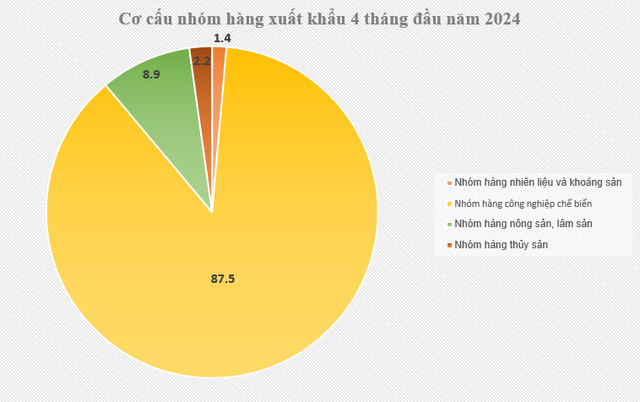Xiaomi’s Electric Vehicle Ambitions Gain Momentum Despite Market Challenges
While Tesla and several other electric vehicle (EV) manufacturers struggle with lower demand and a fierce price war that has eroded their revenue, Xiaomi, a dark horse in the race, has emerged as a formidable competitor.
Chinese smartphone giant Xiaomi recently made waves in the industry by announcing that it expects to break even soon and eventually turn a profit, even as it engages in a price war with Tesla.
In fact, Xiaomi CEO Lei Jun had initially predicted that the company’s EVs would have to be sold at a loss to compete with Tesla’s aggressive pricing. However, in a recent shift, the CEO, often hailed as the “Steve Jobs of China,” declared that the company’s automotive gross margin would reach 5-10%, bringing it closer to the break-even point.
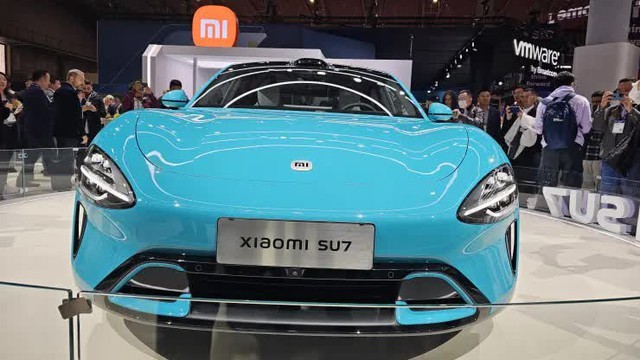
Following the launch of its SU7 electric SUV, Xiaomi had garnered over 70,000 pre-orders as of April 20th, 2024, rapidly approaching its annual sales target.
Such overwhelming demand has prompted Xiaomi to raise its sales goal to 100,000 EVs in 2024.
A Remarkable Turnaround
When the SU7 debuted in March 2024, Xiaomi’s offering was priced $4,000 lower than Tesla’s Model 3, raising concerns among executives and industry experts, especially given the global slowdown in EV demand.
However, Xiaomi’s brand recognition and affordable pricing quickly resulted in a surge of orders from Chinese consumers.
Citi analysts estimate that Xiaomi will break even and start making a profit if it sells between 300,000 and 400,000 units this year. Citi’s report revised its forecast for Xiaomi’s automotive gross margin to a positive 6% this year, up from a previous estimate of negative 10%.
Additionally, Citi increased its 2024 EPS estimate for Xiaomi by 25%, predicting that the company could sell as many as 100,000 EVs this year, 200,000 next year, and 280,000 in 2026.
In comparison, data from the China Passenger Car Association (CPCA) shows that Tesla sold over 600,000 EVs in 2023. BYD, primarily a manufacturer of hybrid vehicles, sold approximately 376,000 units, while Nio sold over 160,000.
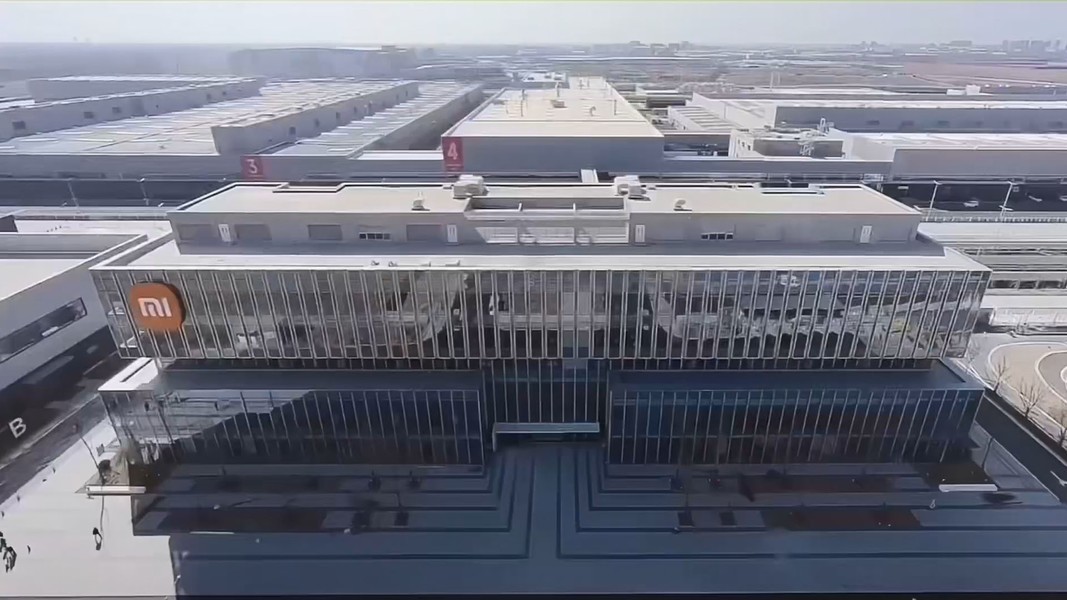
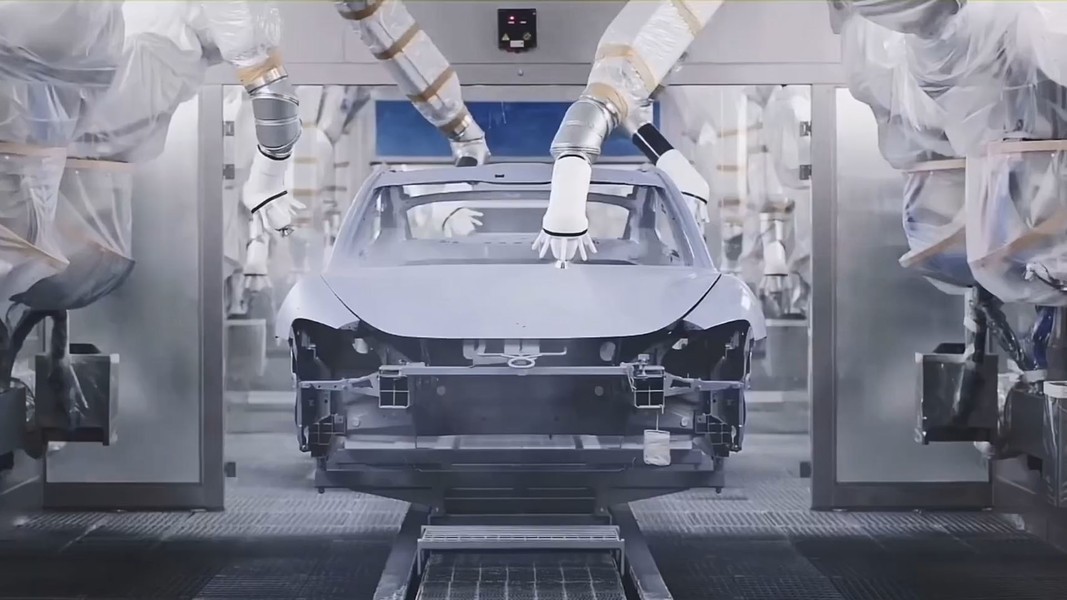
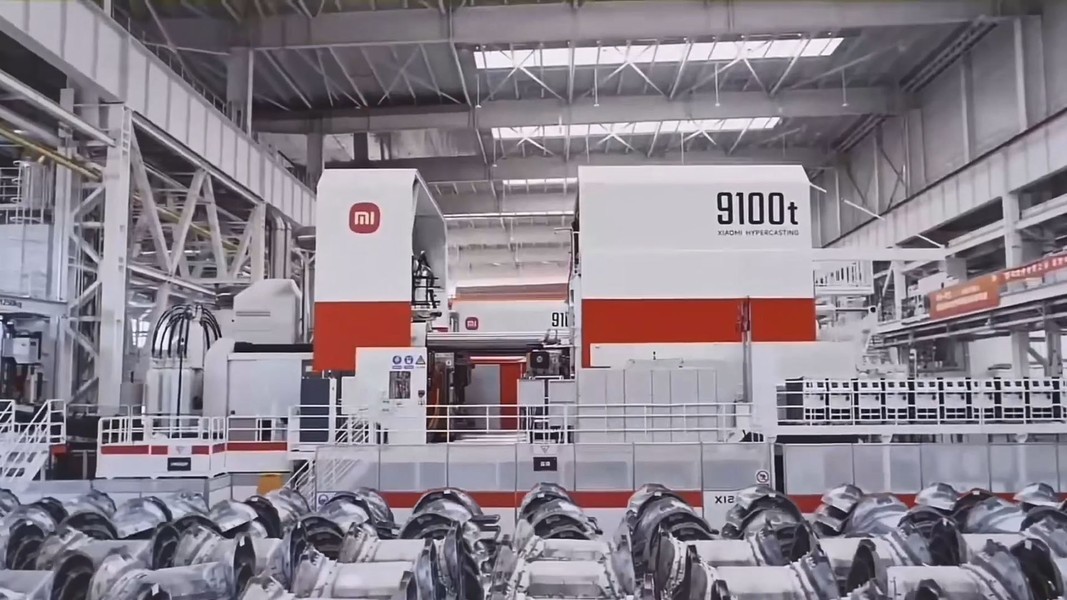
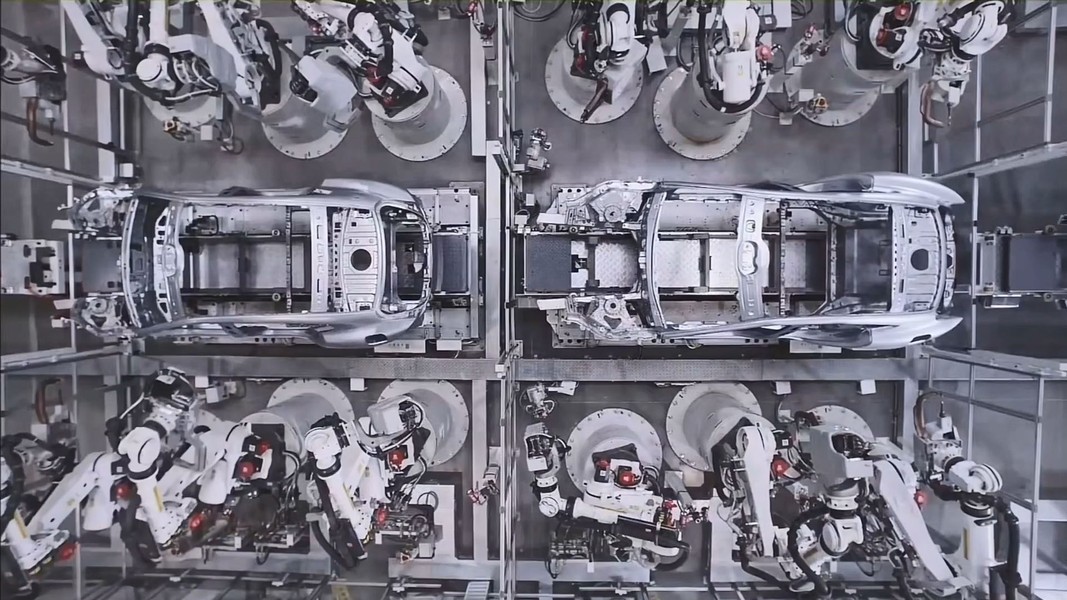
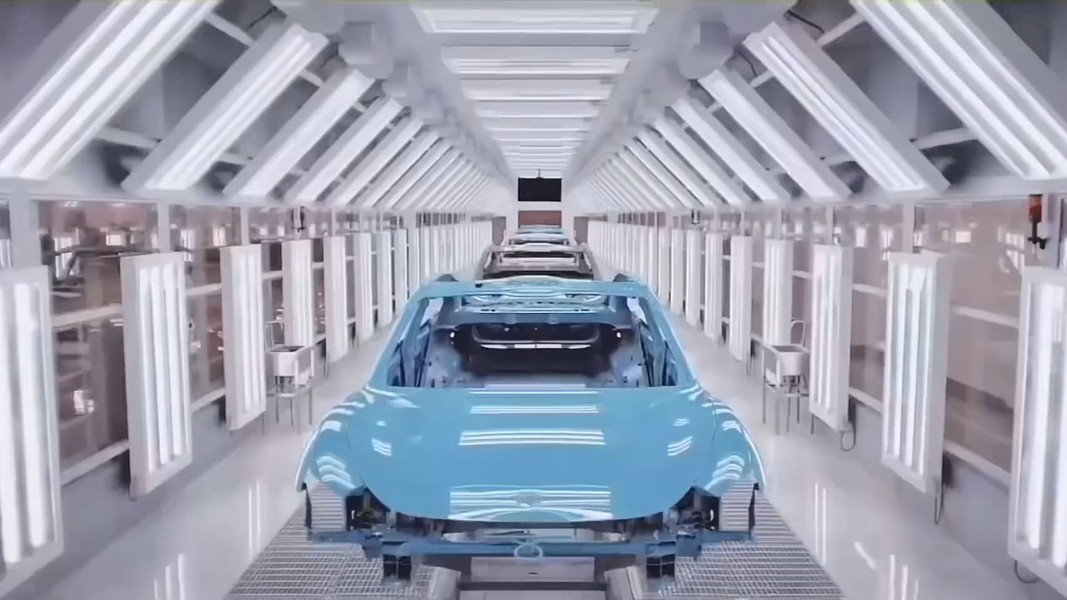
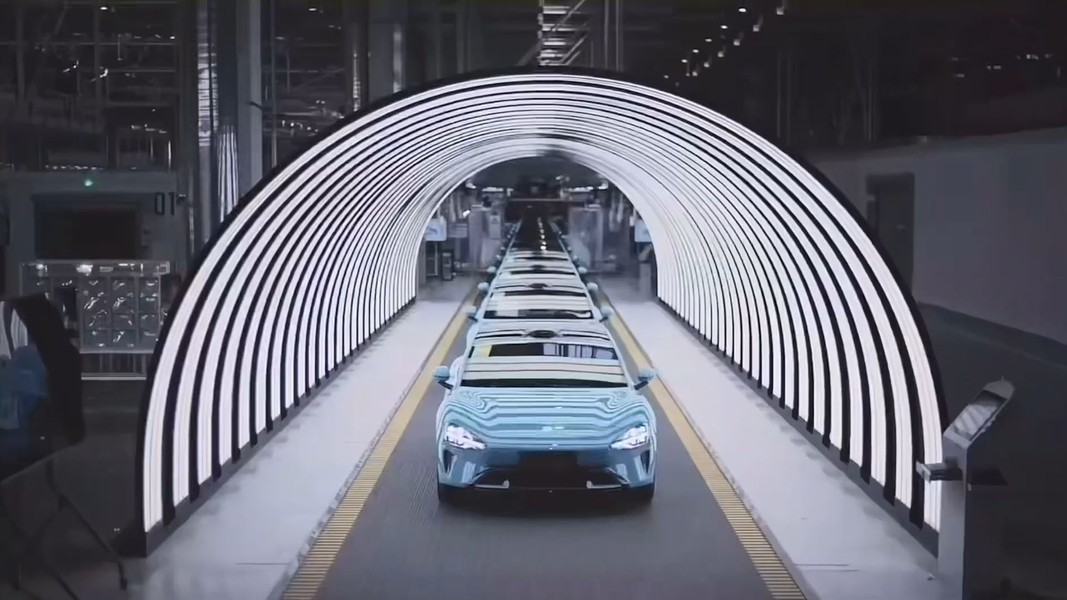
In the fourth quarter of 2023, BYD reported an automotive gross margin of 23.5%, up from 15.9% the year before, while Nio’s stood at 7.5% during the same period.
Tesla, on the other hand, has seen its gross margin decline for five consecutive quarters, ending at 17.4% in the first quarter of 2024.
CEO Lei Jun has expressed gratitude to suppliers for helping to reduce costs, allowing Xiaomi to price its products competitively.
“We are actively negotiating with our suppliers to expand production capacity and further lower our costs,” Lei Jun said.
Chasing Apple’s Dream
While Apple has abandoned its multi-billion dollar, years-long electric car project, China’s Xiaomi seems poised to realize the dream. Xiaomi’s automotive success is seen as a significant setback for Apple.
“If I were Tim Cook, I would never do it,” said Lei Jun, Xiaomi’s billionaire founder and CEO, referring to Apple’s recent decision to scrap Project Titan.
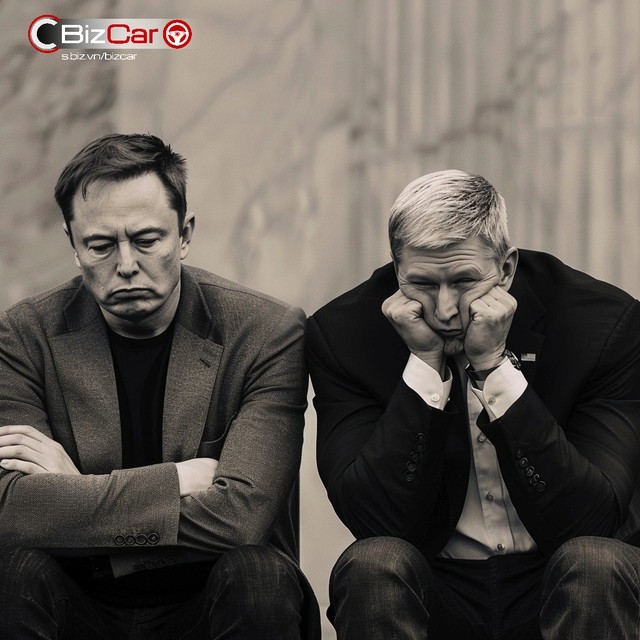
Just a month after Apple announced the demise of its decade-long effort to develop the Apple Car, rival Xiaomi, now the world’s third-largest smartphone maker, unveiled its ambitious goal of becoming a top-five global automaker by launching its










